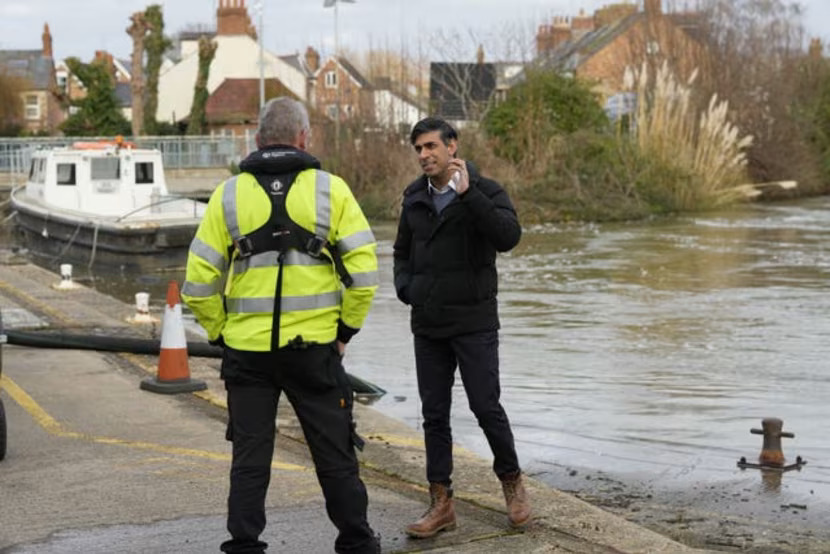The third in an occasional series of posts listing things I’ve enjoyed on the web recently.
I’m in the perhaps fortunate position of having really no knowledge of Kylie Jenner. I don’t know what she’s famous for, and I couldn’t pick her out of a line-up. Yet, it seems she has designed some bestselling swimwear, and Flora Gill’s review in Air Mail made me laugh out loud.
While wearing the triangle bikini top, every crevice of my breast was clearly visible; if my nipples were braille, they’d be in caps lock.
But for me the real issue came with the bikini bottom. Here I found myself having to make a decision I don’t often debate with my clothing: Would I rather show my butt crack or my entire bush?
It appears that the power of celebrity to sell knows no bounds.
I’ve long been in favour of assisted suicide in theory, though never been entirely convinced that the necessary safeguards could be implemented in practice. I’ll admit that it’s not a topic I’ve given a great deal of thought to recently, but knowing that there have been successful schemes around the world for decades now, I’m probably willing to concede the latter point.
It’s the former point on which Stephen Sedley concentrates in his article for the LRB, plus the politics of the topic. It’s one of those articles that is fascinating from beginning to end, though I accept he’s preaching to the converted. These sentences in particular struck me:
The theological interdictions were not limited to the belief, spoken or unspoken, that all terminal suffering, whatever its degree and duration, was God’s will and not to be curtailed. Anaesthesia was for years opposed on the same ground.
I had no idea that there had been a religious objection to anaesthesia. It’s a fact that feels so loaded with potential for analogy that I’m amazed I’ve never come across it before.
In the same issue, Frederick Wilmott-Smith has a short piece on the US Supreme Court and Texas’s Senate Bill 8, severely limiting access to abortion, which contains this harrowing pair of sentences:
One child, raped by a family member, took an eight-hour journey from Galveston to Oklahoma to get an abortion. Many – principally those without the means to travel out of state – will simply be unable to obtain abortions.
Combined with much else from the last few years, it’s hard not to wonder whether the still-young experiment of the US approach to Government and democracy may be taking a dark turn.
According to an article in Wired by Hannah Ritchie,
A recent survey asked 10,000 16- to 25-year-olds in 10 countries about their attitudes about climate change. The results were damning. More than half said “humanity was doomed”; three-quarters said the future was frightening; 55 percent said they would have less opportunities than their parents; 52 percent said family security would be threatened; and 39 percent were hesitant to have children as a result. These attitudes were consistent across countries rich and poor, big and small: from the United States and the United Kingdom to Brazil, the Philippines, India, and Nigeria.
I was quite convinced by the argument that we ought to look at the positives associated with climate change action in their own right, not only as methods of averting disaster. This is also an argument Caroline Lucas often makes, but Ritchie’s framing of the argument in terms of protecting the mental health of young people felt fresh and newly convincing to me.
For Prospect, Nicholas Reed Langen has written a short but pointed article on the current Government’s attempts to avoid scrutiny.
Throughout his entire premiership, Johnson has shown contempt for anything and anyone who subjects him to independent scrutiny or who holds him to account. In anticipation of opposition from MPs, he tried to prorogue parliament in the weeks leading up to Brexit, and after the Supreme Court struck down his decision, turned his fire on the courts, trying to intimidate the judiciary into a more deferential stance—something which has arguably been achieved, given government ministers’ praise of recent decisions.
And Stuart Heritage covers the same ground in more humorous terms in Airmail (“Short of being an armorer on an Alec Baldwin set, it’s hard to see how his situation could get any worse.”)
David Runciman has long been arguing for children to have the vote; this Guardian article is as good an exposition of that view as any.
There is no good reason to exclude children from the right to vote. Indeed, I believe there is a strong case for lowering the voting age to six, effectively extending the franchise to any child in full-time education. When I have made this case, as I have done in recent years in a variety of different forums, I am always struck by the reaction I get. It is incredulity. What possible reason could there be to do something so seemingly reckless and foolhardy? Most audiences recognise that our democracy is growing fractious, frustrated and frustrating. Our political divisions are wide and our institutions seem ill-equipped to handle them. But nothing surely could justify allowing children to join in. Wouldn’t it simply make everything worse?
It would not.
I always enjoy listening to Runciman make this argument. My initial reaction was one of incredulity, assuming that it was a terrible idea for reasons I couldn’t quite articulate. Runciman then does a good job of explaining why it feels uncomfortable, and demolishing those arguments.
The argument is an interesting thought exercise, and also a little more convincing each time I hear it.



